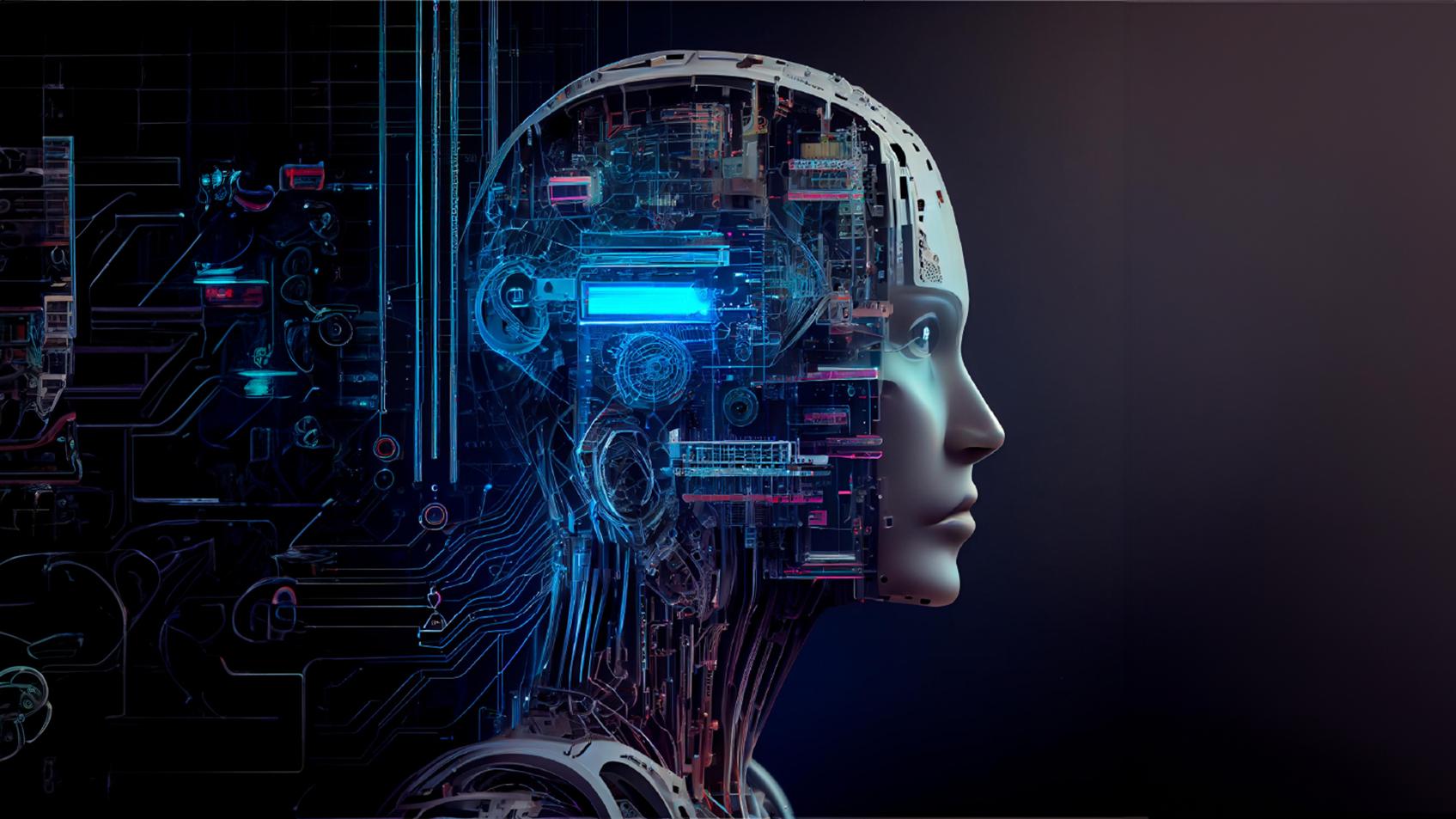AI applications include natural language processing (NLP), which enables machines to understand and respond to human language, machine learning (ML) that allows systems to learn from data and improve over time, and computer vision, which empowers machines to interpret and make decisions based on visual data. AI is transforming industries by enhancing efficiency, accuracy, and decision-making capabilities, leading to significant advancements and innovations across various fields.
Machine Learning (ML): ML involves algorithms that enable machines to learn from data and improve their performance over time without being explicitly programmed. It includes techniques such as supervised learning, unsupervised learning, and reinforcement learning.
Natural Language Processing (NLP): NLP focuses on enabling computers to understand, interpret, and generate human language. It encompasses tasks such as text analysis, sentiment analysis, machine translation, and speech recognition.
Computer Vision: Computer vision enables machines to interpret and understand visual information from images or videos. It includes tasks such as object detection, image classification, facial recognition, and image segmentation.
Robotics: Robotics combines AI with mechanical engineering to design and develop robots that can perform tasks autonomously or semi-autonomously. Applications range from industrial automation and manufacturing to healthcare and service robotics.
Expert Systems: Expert systems are AI systems designed to mimic the decision-making process of human experts in specific domains. They use knowledge representation and reasoning techniques to provide advice or make decisions based on rules and logic.
Knowledge Representation and Reasoning: This subfield focuses on representing knowledge in a structured format that machines can understand and reason with. It includes techniques such as ontologies, semantic networks, and logic programming.
Reinforcement Learning: Reinforcement learning is a type of ML where agents learn to make decisions by interacting with an environment and receiving feedback in the form of rewards or penalties. It is commonly used in areas such as game playing, robotics, and autonomous vehicles.
Ethics and Bias in AI: As AI technologies become more prevalent, there is growing concern about ethical issues such as bias, fairness, transparency, and accountability. This subtopic explores the ethical implications of AI systems and strategies to mitigate potential harms.

